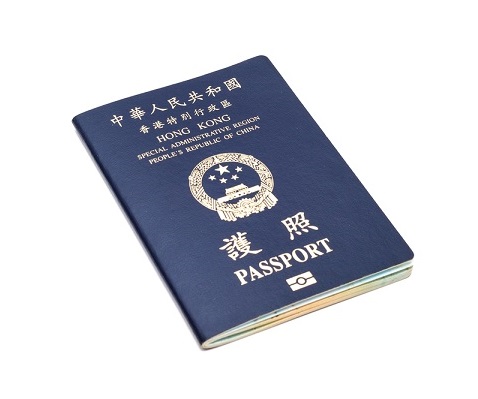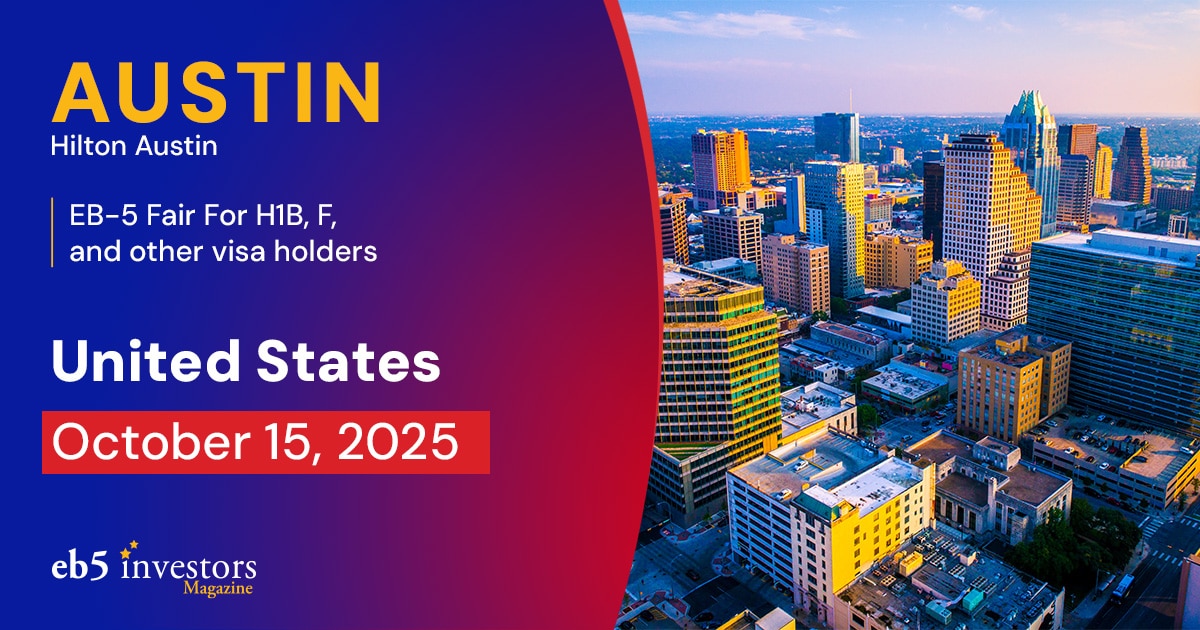
Due to the imposition of national security legislation by the People’s Republic of China to Hong Kong, the Trump administration issued an Executive Order on Hong Kong Normalization on July 14, 2020.
THE IMPACT OF THE EXECUTIVE ORDER
Among many other directives, the Executive Order suspends the applicability of Section 201(a) of the United States–Hong Kong Policy Act of 1992. Section 201(a) sought to ensure that the laws of the U.S. shall continue to apply as they did prior to the transfer from British control to Chinese control on July 1, 1997, including the treatment of individuals born in Hong Kong as born in a country separate from the People’s Republic of China. The effect of this Executive Order is to count those born in Hong Kong as if they were born in mainland China for the purposes of immigrant visa allocation.
EB-5 VISA CAPS AND RETROGRESSION
U.S. federal law caps the number of immigrant visas that are available each fiscal year by category and, if the annual ceiling for that category is reached, a cap on the number of individuals from each country that can immigrate each year. The number of EB-5 visas each year are capped at 10,000. If the annual cap of 10,000 is reached, individuals born in any country may not exceed more than 7% of the applicable employment-based immigrant visa category cap.
When an EB-5 investor files an I-526 petition, the day his or her I-526 petition is received at USCIS is the EB-5 investor’s “priority date.” Retrogression is the term which denotes the time period when either visa cap is reached and the U.S. Department of State (DOS) must establish a cut off-date for visa applicants based on a priority date in the past. This can also happen if individuals born in one country exceed the yearly 7% cap. If either of these caps are reached, the DOS uses priority dates to establish a queue, and an EB-5 investor’s priority date is his or her place in line in the queue.
CHANGES FOR HONG KONG APPLICANTS
Within the EB-5 visa category, there has been consistent oversubscription from individuals born in mainland-China, which has resulted in the establishment of a queue for those individuals. As of August 2020, only individuals born in mainland-China with a priority date of Aug. 8, 2015 or earlier may receive an immigrant visa. Prior to this Executive Order, individuals born in Hong Kong were not included within the category of individuals born in mainland-China and were not subject to a queue. Now, EB-5 investors who were born in Hong Kong will see their visa availability retrogress from to a priority date of Aug. 8, 2015. The Executive Order also prevents those born in Hong Kong from participating in the Diversity Visa Program and eligibility for the Visa Waiver Program.
While ostensibly, the intent and purpose of this order is to punish China for violating basic human rights, it appears that the Trump administration has adversely affected oppressed persons from availing themselves of U.S. immigration. This contradicts with past administrations, who typically used refugee admissions and U.S. immigration laws to protect those fleeing from oppression, such as the preferential treatment enjoyed by Cubans, U.S. sponsored evacuation of Vietnamese refugees at the end of the Vietnam war, and the Hmong peoples from Laos. Unless Congressional legislation is passed to override this Executive Order, the Executive Order is rescinded, or litigation is successful in staying its effect, individuals born in Hong Kong will now be subject to retrogression of those born in mainland-China.
DISCLAIMER: The views expressed in this article are solely the views of the author and do not necessarily represent the views of the publisher, its employees. or its affiliates. The information found on this website is intended to be general information; it is not legal or financial advice. Specific legal or financial advice can only be given by a licensed professional with full knowledge of all the facts and circumstances of your particular situation. You should seek consultation with legal, immigration, and financial experts prior to participating in the EB-5 program Posting a question on this website does not create an attorney-client relationship. All questions you post will be available to the public; do not include confidential information in your question.








